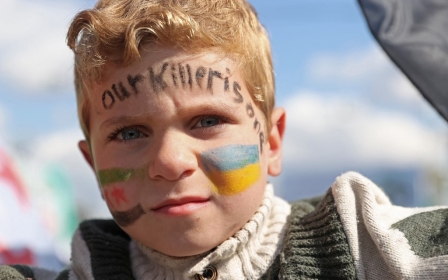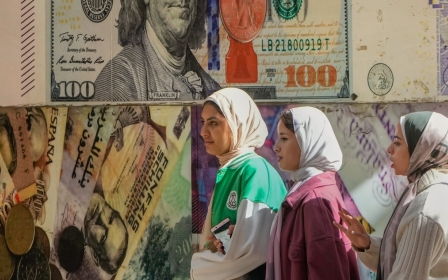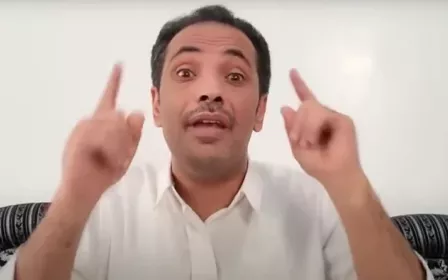Arabic press review: Female journalists in Morocco complain of harassment and pay disparity
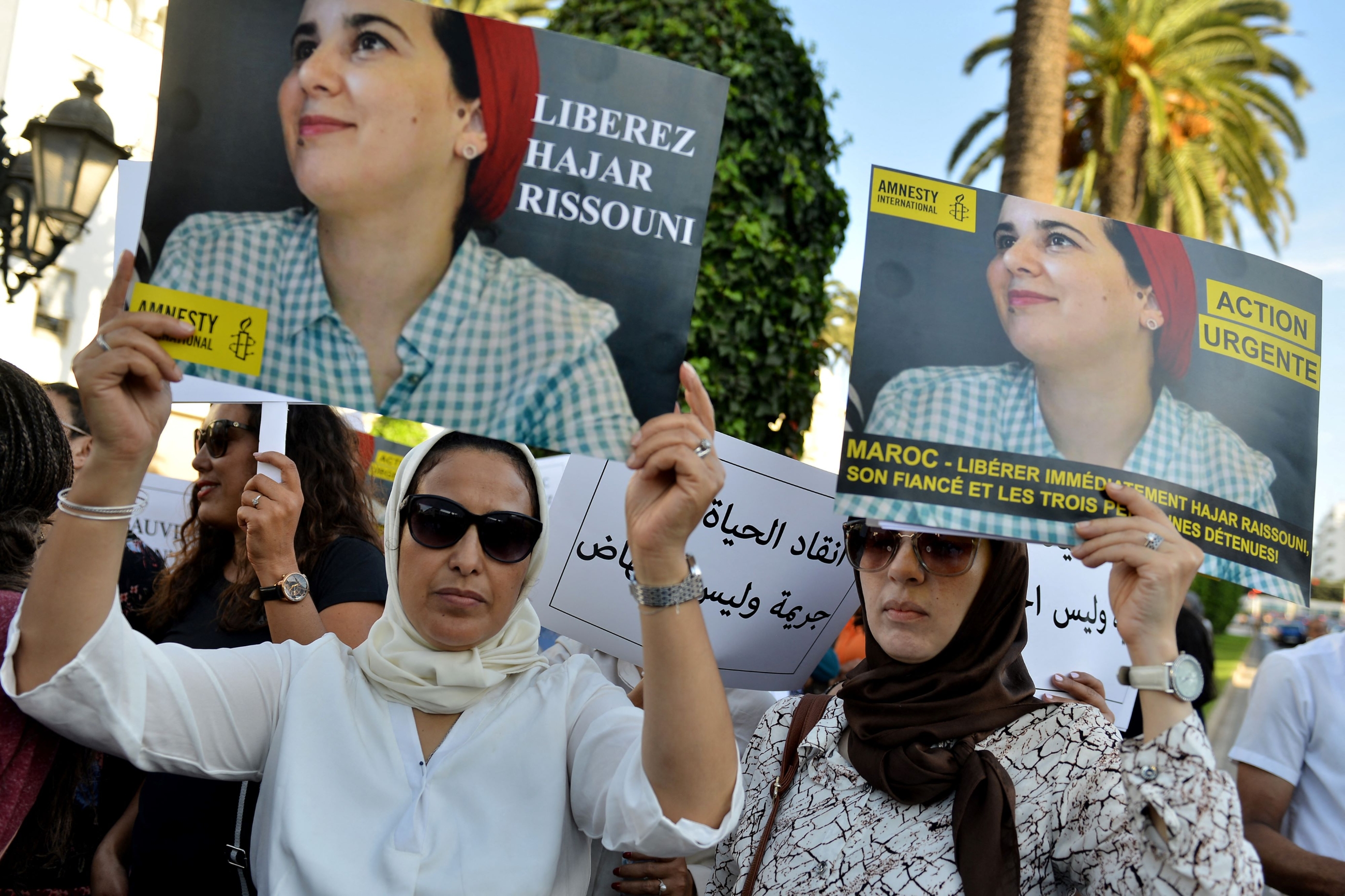
Harassment of female journalists in Morocco
Four in 10 female Moroccan journalists have revealed that they have faced harassment at work, according to a survey on journalist working practices in the country.
Of the 66 female journalists who participated in the study, 29 - 43.9 percent - said they had been subjected to harassment in the workplace, while only 37 said they had not, according to Al-Quds Al-Arabi newspaper, which published the results of the study.
The study showed that 91.2 percent of female journalists who were subjected to harassment did not complain against their colleagues, officials and others who harassed them.
Forty one out of 66 female journalists participating in the study stated that there was a major gender pay gap, while only 25 female journalists believed that there was no financial discrimination between male and female journalists.
Stay informed with MEE's newsletters
Sign up to get the latest alerts, insights and analysis, starting with Turkey Unpacked
More than half of the female journalists confirmed that there was a difference regarding wages between them and their male colleagues, while 31 said there was not.
According to the report, female journalists said the priority in the future should be equal wages, and the approval of positive discrimination in favour of female journalists, taking into account their need for privacy and reducing working hours for mothers during the first three years after childbirth.
They also recommended enacting laws to protect them from harassment, improving working conditions and paying attention to competencies and academic qualifications.
Bomb thrown at Lebanese TV station
Two unidentified persons riding motorcycles threw a bomb at the building of the Lebanese Broadcasting Corporation International (LBCI) in north Beirut on Sunday, according to the broadcaster.
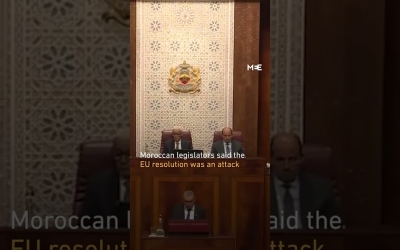
An explosion was heard during a live broadcast with journalist Bassam Abu Zaid, who promptly rushed outside and covered what happened.
According to preliminary investigations and security camera footage, two people riding motorcycles were suspects and the bomb's safety ring was found, according to LBCI.
LBCI said it insisted on reporting the truth of the incident, emphasising that it "will be, as always, a platform of freedom and the defence of Lebanon" and said it had full confidence in the security services to investigate the matter.
Lebanese Prime Minister Najib Mikati said the "security investigations will intensify to disclose the circumstances of the incident, and the freedom of responsible media will remain inviolable and will not be affected by aggression".
Lebanese Minister of Information Ziad Makari also denounced the attack on the TV channel, and said that "what has been done is suspicious, unacceptable, condemned and vilified, and freedom of information will remain inviolable".
EU envoy: Peace needs ideas and courage
The European Union envoy to the Middle East Peace Process, Sven Koopmans, said the region needed "new ideas and brave people", the Saudi Al-Sharq Al-Awsat newspaper reported after an exclusive interview.
During the visit to Riyadh, Koopmans affirmed the EU's support for the initiative announced by Saudi Arabia and approved by the Arab summit in Beirut in 2002, which stipulates the establishment of an independent Palestinian state in exchange for all Arab countries establishing normal relations with Israel.
"I am pleased to say that we have supported this initiative since its launch, and now we support it, and we hope to see it succeed," he said.
He added: "We want to see how we can contribute to the peace process in the region, and build on the Arab peace initiative."
The European envoy emphasised that building more Israeli settlements impeded reaching a peaceful solution, saying further construction was "illegal and contradicts international law".
He added that the EU was "not only the biggest supporter of the Palestinians, but it is the largest trading partner of Israel, and we have a lot of programmes with the Israeli government".
"The EU is now in a stage where it seeks to have a greater part of the responsibility in dealing with the conflict, on the side of the United States and the Arab countries," he said.
Middle East Eye delivers independent and unrivalled coverage and analysis of the Middle East, North Africa and beyond. To learn more about republishing this content and the associated fees, please fill out this form. More about MEE can be found here.


